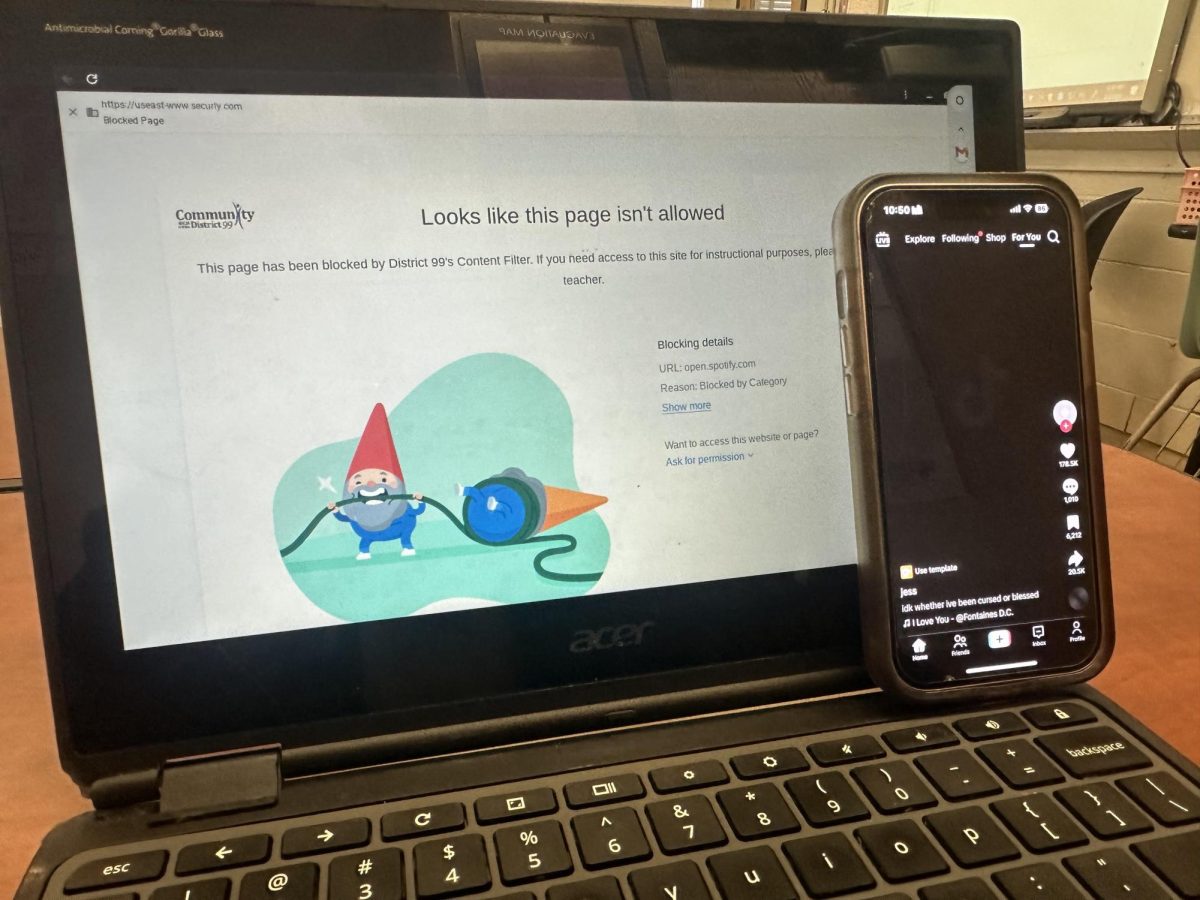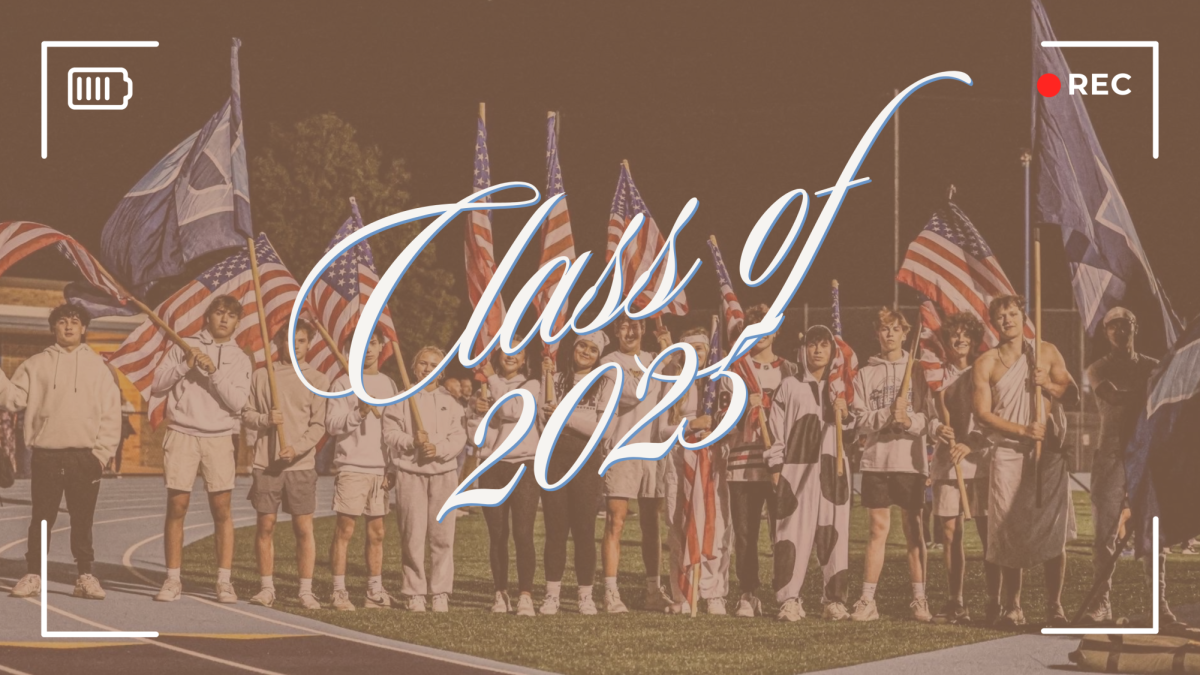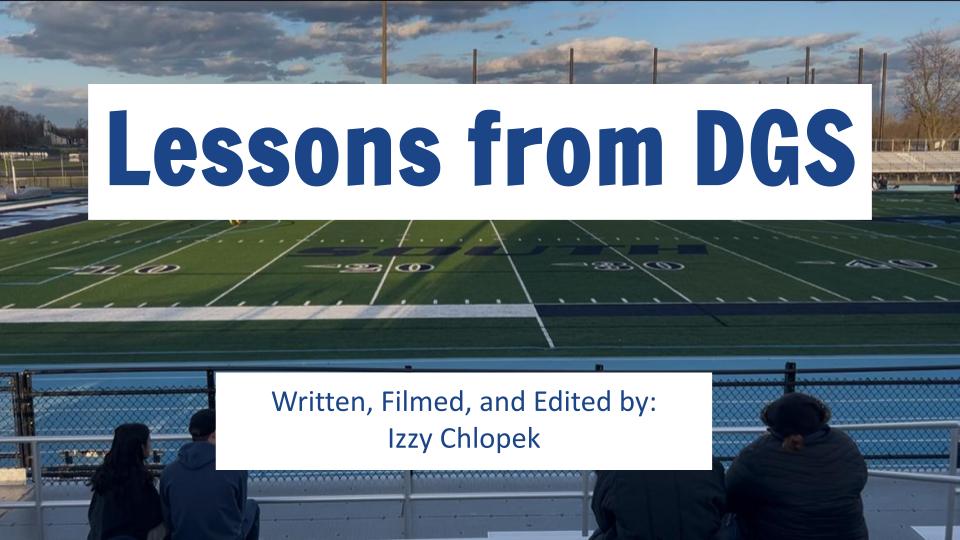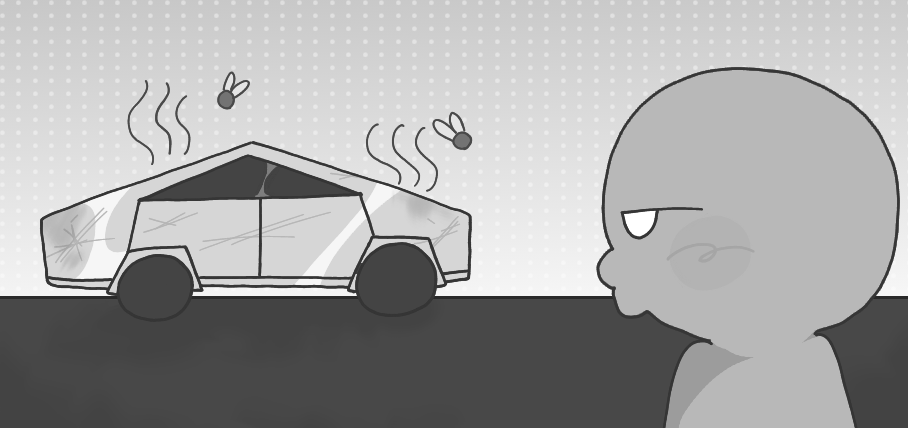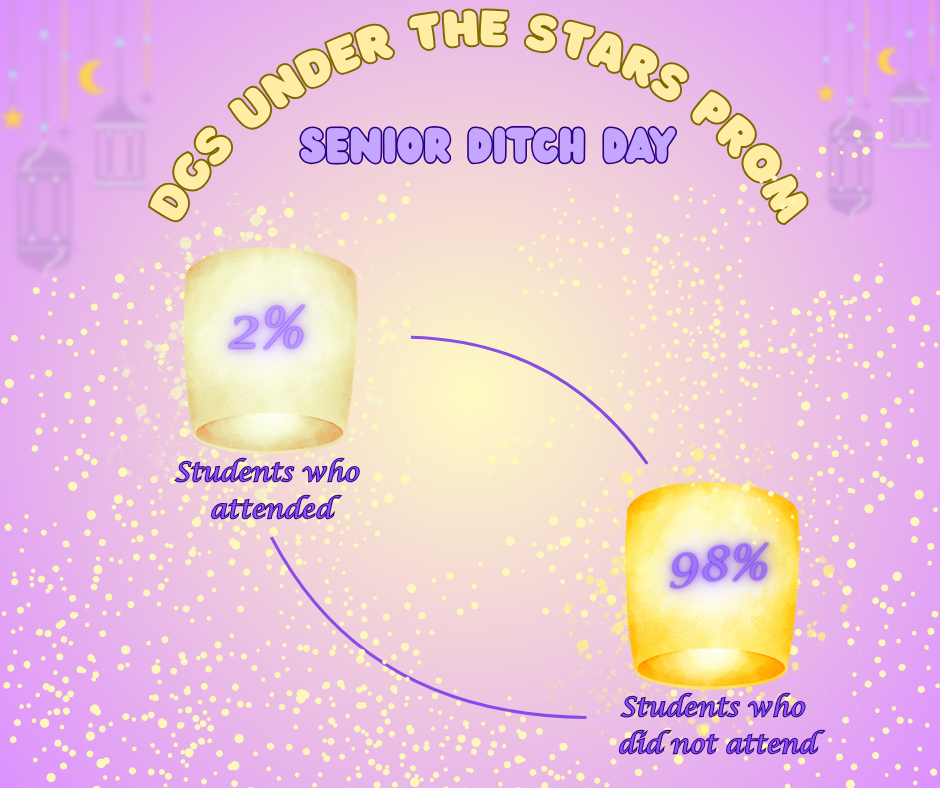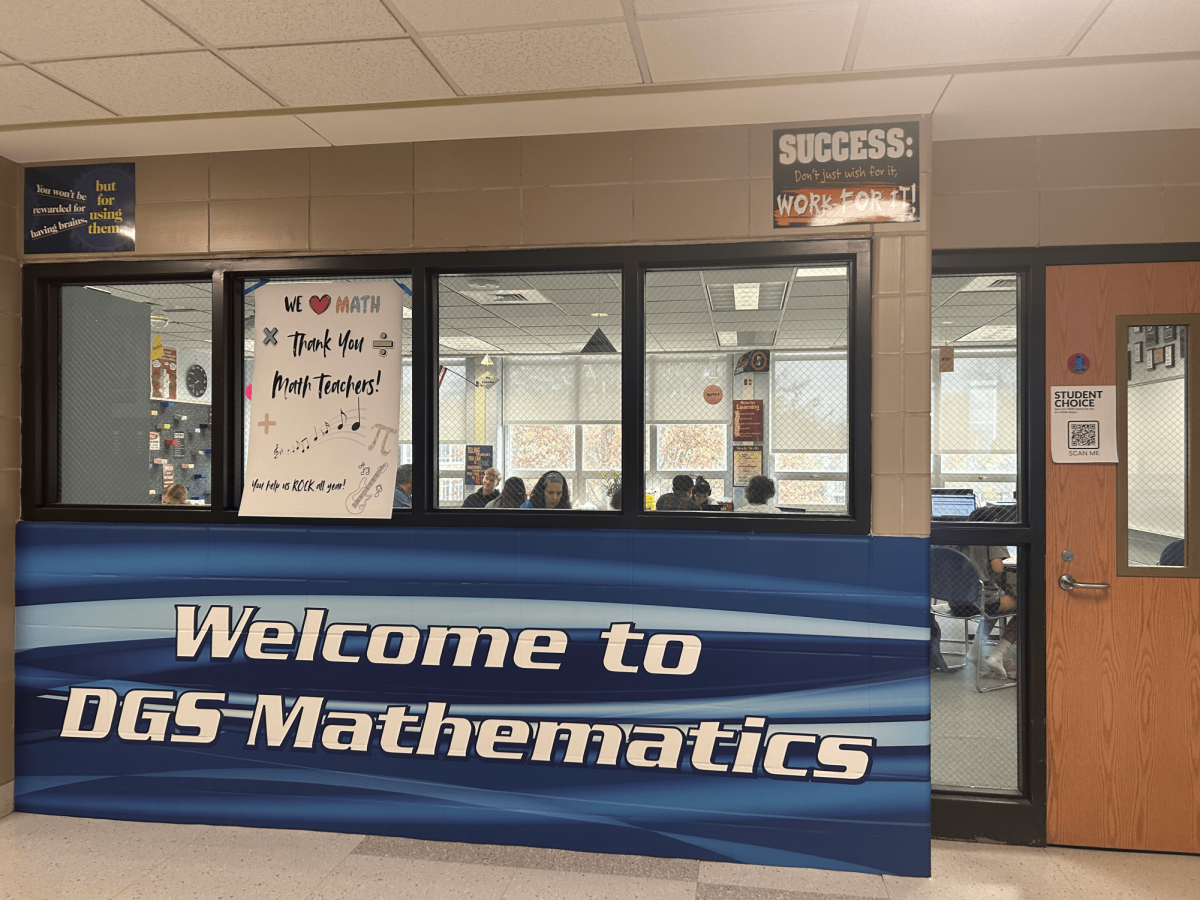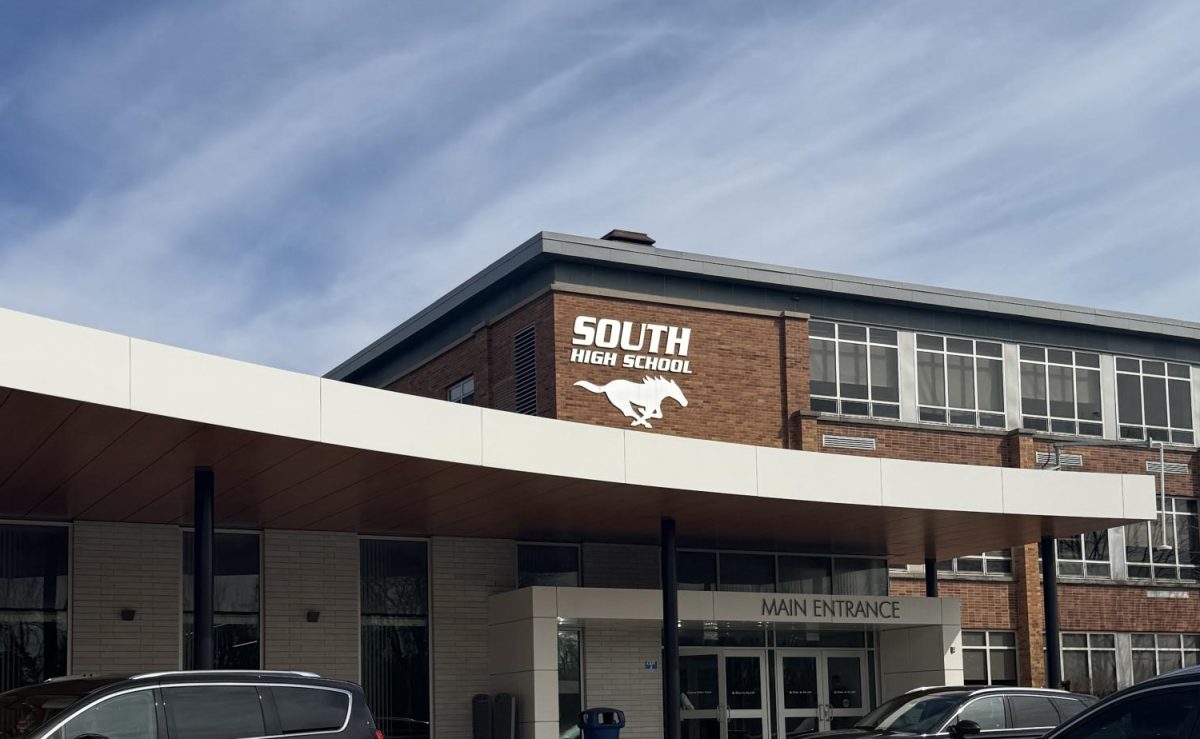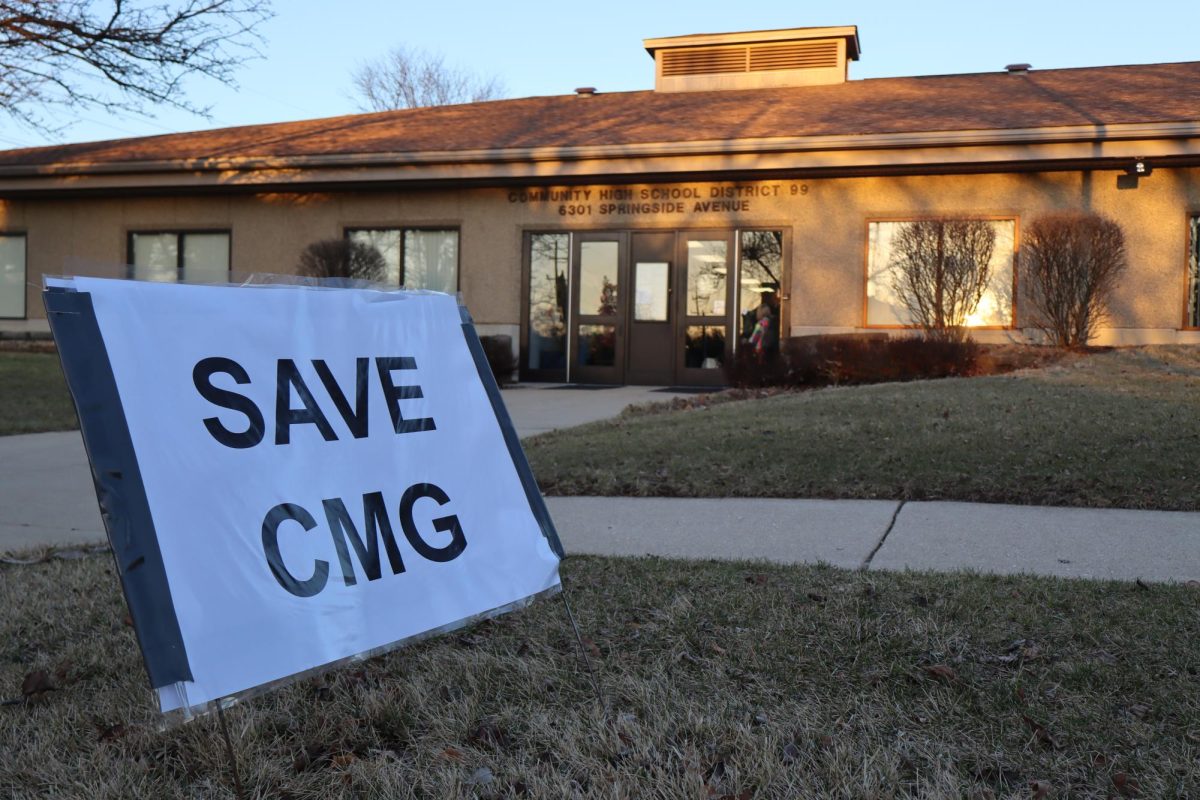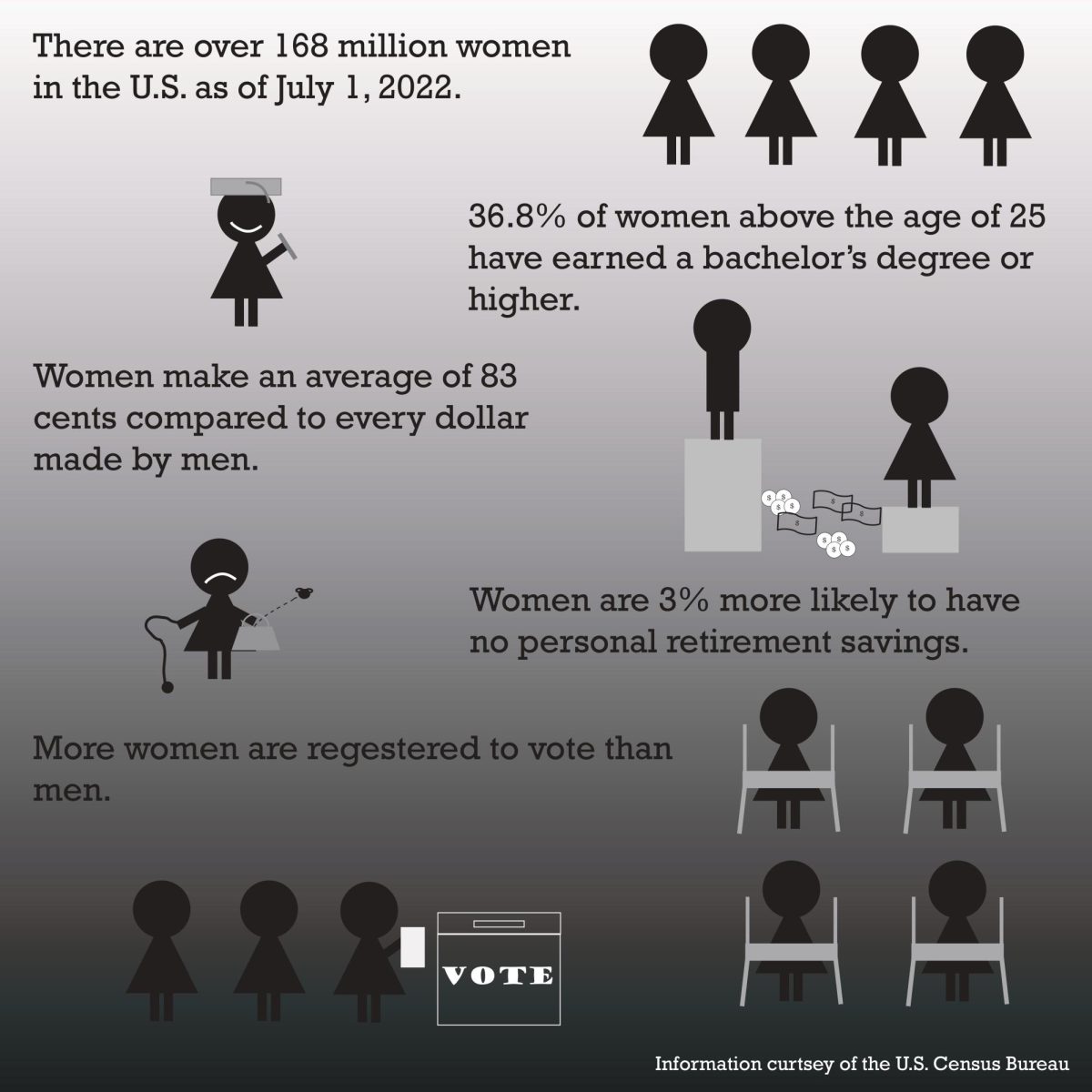As many students may have noticed throughout the course of this school year, when a personal cell phone is connected to the D99-BYOD Wi-Fi network, certain apps are blocked. Some of these apps include social media like Snapchat, Instagram and TikTok, as well as Spotify.
Omar Davis, Associate Principal for Operations and Technology, debriefed the specifics about content filters, which are used for blocking apps and websites.
“The process of blocking apps is done by content filters on our network. Any sites registered as inappropriate, games, streaming or other non instructional items are filtered out from being accessible on our chrome network… Our goal is to minimize any distractions (tech or not) that may have a negative impact on instruction,” Davis said.
Some students have been frustrated with certain apps being blocked because they cannot use them during their free periods, and cellular data does not always work well in the school. Senior Claire Rhoads expressed her opinion on the app blocks.
“I find it very annoying because now they give us so much time to do whatever we want, especially with resource and these free periods we have, as well as access. And if I want to go on any social media or any apps that are blocked, I’m not able to. And while I get that it’s for promoting studying habits, I’m still given all this free time and I’m not able to use it how I want to,” Rhoads said.
Sophomore Jack Melie recognized the goal of blocking apps on students’ personal devices, but also believes that teachers are capable of handling phones in each of their own classrooms.
“I think it’s completely fine because teachers are pretty good about realizing when kids are on their phones. And I feel like just blocking extra is like, people will just turn their Wi-Fi off and use their data– I’ve done that before if I need to reach someone. So I think having limits is just kind of extra and I think having those boundaries with teachers is enough,” Melie said.
Although the app blocking process can be frustrating for students at times, it is something administration is required to do. Davis elaborated on the acts in place that control site use in schools.
“Public schools that receive federal funding are required to follow the Children’s Internet Protection Act (CIPA), which requires content filtering, monitoring of user activity, and educating students about appropriate online behavior. D99 receives E-Rate funding, which is administered by the Federal Communications Commission (FCC),” Davis said.
Davis believes there will not be any changes in the future regarding app blocks, and that it is more likely that CIPA will increase filtering requirements as technology continues to evolve.

